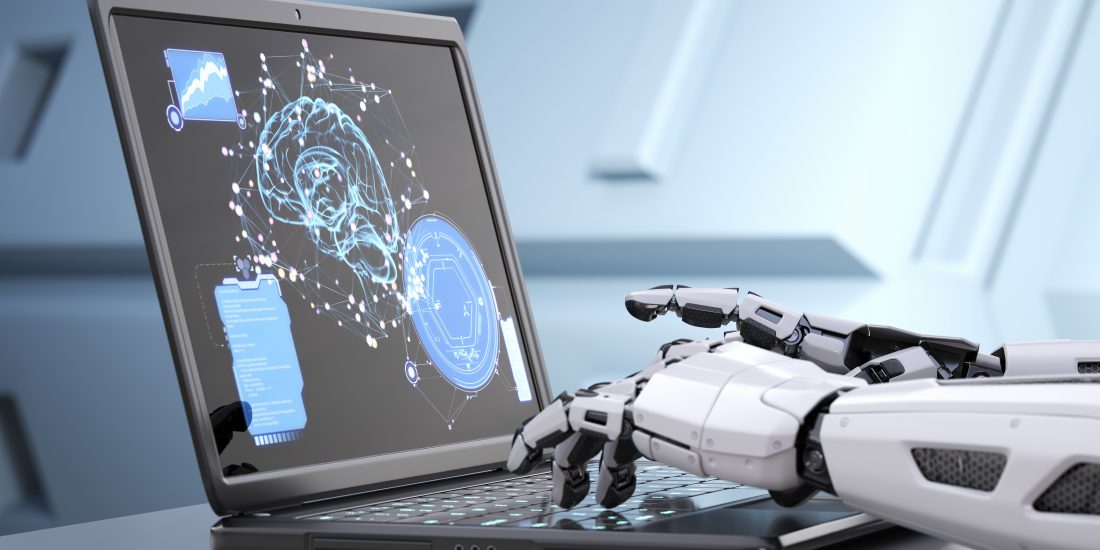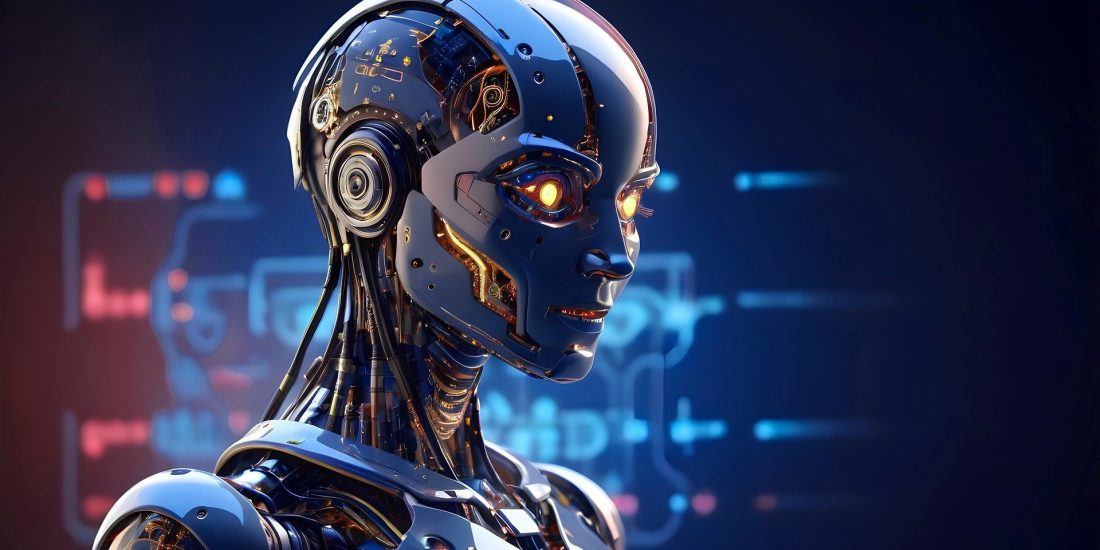
AI to Lead to More Jobs in 2020
Artificial Intelligence (AI) is here. And AI is fast becoming an integral part of how businesses operate across the world. Many are apprehensive of the change however and are fearful that AI will replace jobs. Although, research has shown us otherwise. John David Lovelock, Gartner VP for Research, shared with Information Week that starting in 2020, “automation and AI will cause the industry to add more jobs than it causes the industry to take away.” This article will examine the facts that debunk common misconceptions on AI and jobs.
Creation of New Skill Sets
AI is still a threat to low-skilled workers in the short-term and they may lose their jobs as the labor market adjusts. However, in the long run, AI will potentially create more kinds of jobs to replace the initial positions that were lost. These jobs will require workers with new skill sets that can be developed through training. In the shift towards AI it’s becoming increasingly important for companies to focus on in-house training so their staff are able to adjust to the new technology and workforce trends.
Better Decision Making
CMS Wire looks at chatbots when illustrating the relationship between AI and jobs. The role of chatbots in customer service is to automate the mundane and repetitive processes that agents have to deal with on a daily basis. Rather than cutting the number of employees, chatbots in fact allow employees to have more time to focus on high-value relationship building and decision making tasks that computers can’t do. Instead of replacing humans, AI speeds up the administrative work that consumes most employees’ time and gives them more opportunity to work on high priority tasks. This has the added benefit of making employees competitive in the new job market.
Tapping into the Freelance Industry
The current direction of the tech industry is leading to a booming freelance industry. “Flexible talent” is becoming increasingly important as companies adapt to this digital era. Yoss explains how companies are hiring freelancers with expertise in tech so they can find the top talent for the job they need. This covers a wide variety of jobs, with Business.com listing tech jobs such software engineering and data science all being in high demand. Through this trend, we can see how AI promotes the creation of more jobs from the skilled freelance sector. This is because tech graduates and new job seekers will be more up-to-date with the latest Artificial Intelligence trends. By the year 2027, freelancing is predicted to make up more than 50% of the U.S. workforce. It is not hard to see how AI expertise will be a key skill for that emerging workforce.
AI Fills in the Demand For New Employees
Entrepreneur states that there are currently more than seven million unfilled job positions in the U.S. This shows how companies currently need more employees just to stay on a “steady path to growth.” AI can fill in the gap where skilled employees are not currently available. Instead of replacing jobs, AI can sometimes ease employee workload. Rather than creating a job crisis, and it could solve the skill shortage that many companies are faced with.
Artificial Intelligence has changed the future of work as we know it. However, the trends are definitely not what we expected. The types of jobs in demand have shifted, but the demand for human workers hasn’t decreased. It has also spurred employee development in the workplace, a change long sought by many. Moreover, AI has promoted job growth and has accelerated a generation of skilled people in the field of AI technology.




